Oral tradition, otherwise known as oral lore, is a form of communication whereby the transmission, reception and preservation of knowledge, art, ideas and cultural material are done orally from one generation to another. This oral transmission and preservation could be achieved through speeches, songs, folktales or stories, ballads, chants, prose or verses. Oral tradition was one of the oldest forms of transmission of knowledge (education) which gave birth to oral history, oral literature, oral law and other body of knowledge in many societies without having to resort to the writing system. As time lapsed, religions adopted both the writing system and oral tradition in transmission of canonical scriptures, rituals, hymns and mythologies from one generation to the next.
In Africa, the transmission of oral traditions is done by parents, grandparents, storytellers, musicians and traditional medicine practitioners or diviners.
USES OF ORAL TRADITION
Entertainment: Folklores, traditional music, dances and chants are all elements of oral tradition which are used to entertain guests at events. The talking drum is one of the oldest instruments in African traditional music used for creating speech, dance, or signal patterns; oftentimes, the drums were used to communicate information such as jokes and chants during music presentations. Folk stories such as tales by moonlight are also sources of entertainment for both children and adults.
To Teach Morals and Values: African proverbs which form part of oral tradition are used to demonstrate wisdom and truth. Elders use proverbs to deliver important messages of inspiration, warning, encouragement and advice. Fables and folktales use stories to teach various moral lessons. There is always this strong message about the values and wisdom of a culture transmitted through oral tradition. In fables, animals are used as characters to tell legendary stories about people who have done great things in their communities thereby inspiring the audience to be part of community building. Although, these stories are mythical, they always point people to morals.
Cultural Preservation: Most of the cultural elements were and are still being taught through oral tradition. Such cultural elements include food, music, dressing, important festivals and language. By practising these cultures, the knowledge is transferred to newer generations as continua thereby ensuring they do not go into extinct.
Transmission of Skills: As knowledge were handed down from generation to generation in oral traditional Africa without the writing system, many skills were harnessed and transmitted by parents to their children and grandchildren before the advent of modern education. Some skills which were transmitted via oral tradition included traditional medicine practice, music, dance, blacksmithing, art and craft and so on.
Source of Modern Knowledge: The modern society which is now characterized and dominated by scientific development, took its root from oral traditions especially oral history which were documented as time went by. The modern History, Science, Technology, Commerce, Politics and Religion are all products of oral history which was part of oral tradition. The modern society was borne by the desire to search, to go beyond one’s capacities, to innovate, and the taste for pure, functional intelligence as well as evidence-based knowledge. The invention of modern communication and information tools such as the television, the radio, the telephone, up to date innovations are considerable changes from the past which was greatly facilitated by oral traditions. For instance, the bluetooth wireless technology was named after Harald Bluetooth, the King of Denmark who died in 986 AD. Both the name of the technology and its logo are embedded in Danish etymology.
THE BANE OF ORAL TRADITION IN AFRICA:
Oral tradition in Africa has suffered serious abandonment and losses with the advent of the writing system and western civilization. Below are a few reasons oral tradition in Africa is fast losing relevance in today’s world.
Lack of Documentation: The transformation of oral histories, etymologies, legendary stories and so on into written information especially in the western world is what we have today as the body of knowledge in Religion, Art, Science and Technology. The African oral traditions have limited or no documentations in many cultures thereby leading to the loss of many of this information. Historical stories such as migration and origin of many tribes in Africa are still taken with a pinch of salt as an authentic body of knowledge owing to the fact that many missing links exist in the stories. These missing appendages could not be traced because they were not documented early enough. Many skills, discoveries and practices of ancient Africa in Religion, Commerce, Politics, Medicine and even Technology got lost at a point where no one in the lineage of the custodian of such skills could continue the practice. Also, when knowledge is not documented, important aspects of such body of knowledge might not be preserved for future innovations.
Secrecy: For those who transmit skills and special knowledge such as in traditional medicine, it has over the years been a concept of secrecy, because some of these knowledge and skills are not documented, they are, therefore not patented thereby forcing the custodians of these knowledge to transmit them to their children in secret in order not to lose the patent. When the knowledge of these skills is kept as secret, it does not allow for verification and further empirical research and development hence, limiting its global acceptance and standardization. At some point, the custodians of these knowledge die with them. This is one of the greatest problems of African traditional medicine today which cannot favorably compete with orthodox medicine.
Lack of Reading Culture: In 2019, the World Culture Score Index rated Africa including Nigeria very low as far as reading culture goes. In the same year in Nigeria, National Commission for Mass Literacy and Adult Education stated that over 50million Nigerians (38%) could neither read nor write. For those who can read and write, for numerous reasons, the desire to read is very low. This has created a great set back even for the few recently documented oral traditions. This goes to say that such knowledge even when documented, might still die due to lack of interest in reading.
Inordinate Desire for Foreign Culture: Many Africans leave behind their rich cultural heritage and values to embrace the western culture. This has led to more people embracing imported food, imported clothing, imported language, imported traditions and imported values. The consequence is that lack of interest kills whatever remains of African traditions.
CONCLUSION:
According Mark Twain, “he who does not read has no advantage over he who cannot read.” Knowledge is said to be power; knowledge is life as the Holy Book says that people perish for lack of it. It is pertinent to state that skills and talent are nothing without knowledge. It is the level of knowledge one has that determines the level one can go in developing skills and talents. As effort is made towards the continuous documentations of oral traditions in form of History, Literature, Documentaries, Music et cetera, Africans must look inward to continuously bring back the lost glory especially now that it appears the west has completely told their stories and are now turning to Africa in search of untold stories and untapped treasures of African Epistemology.



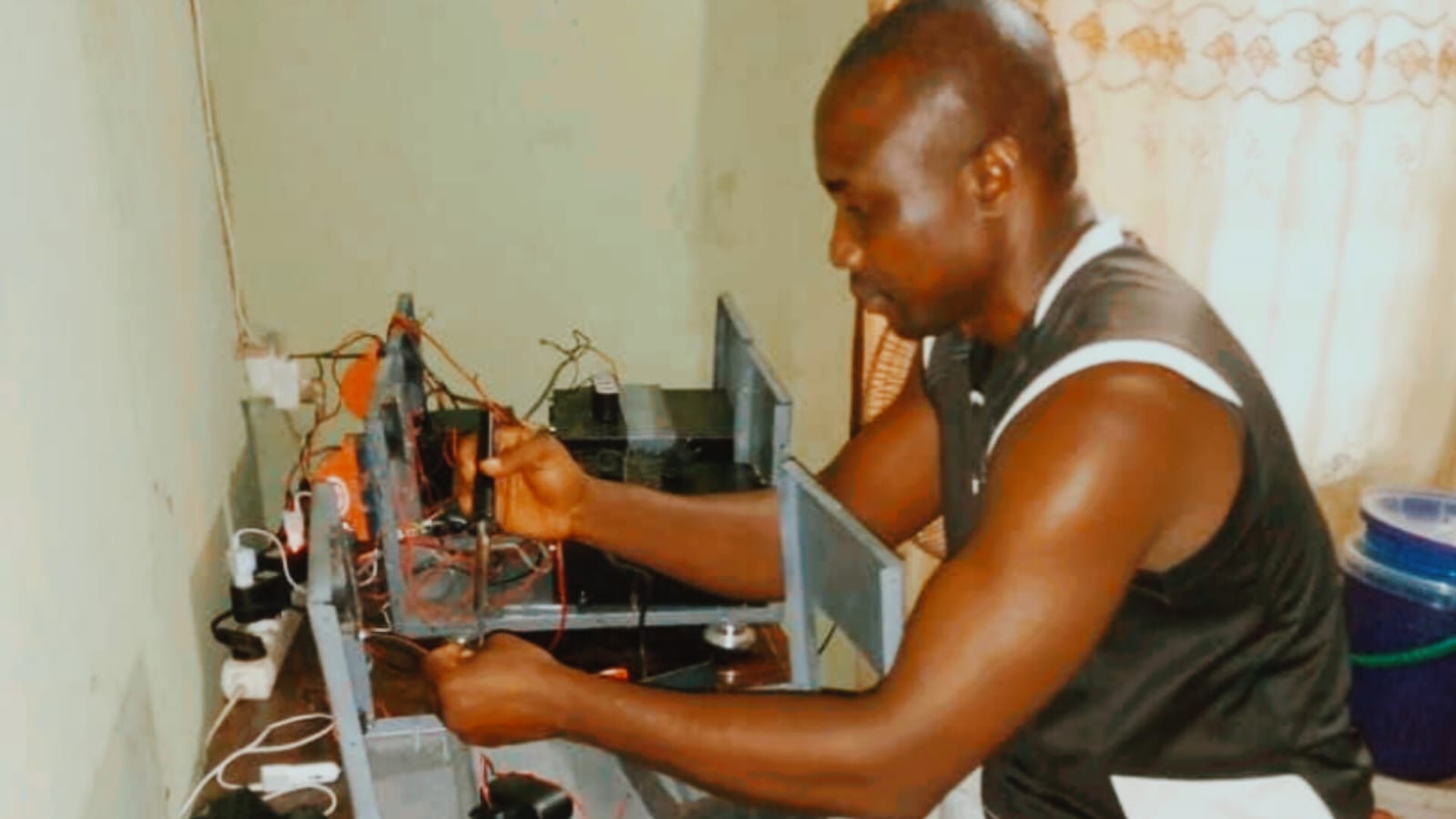

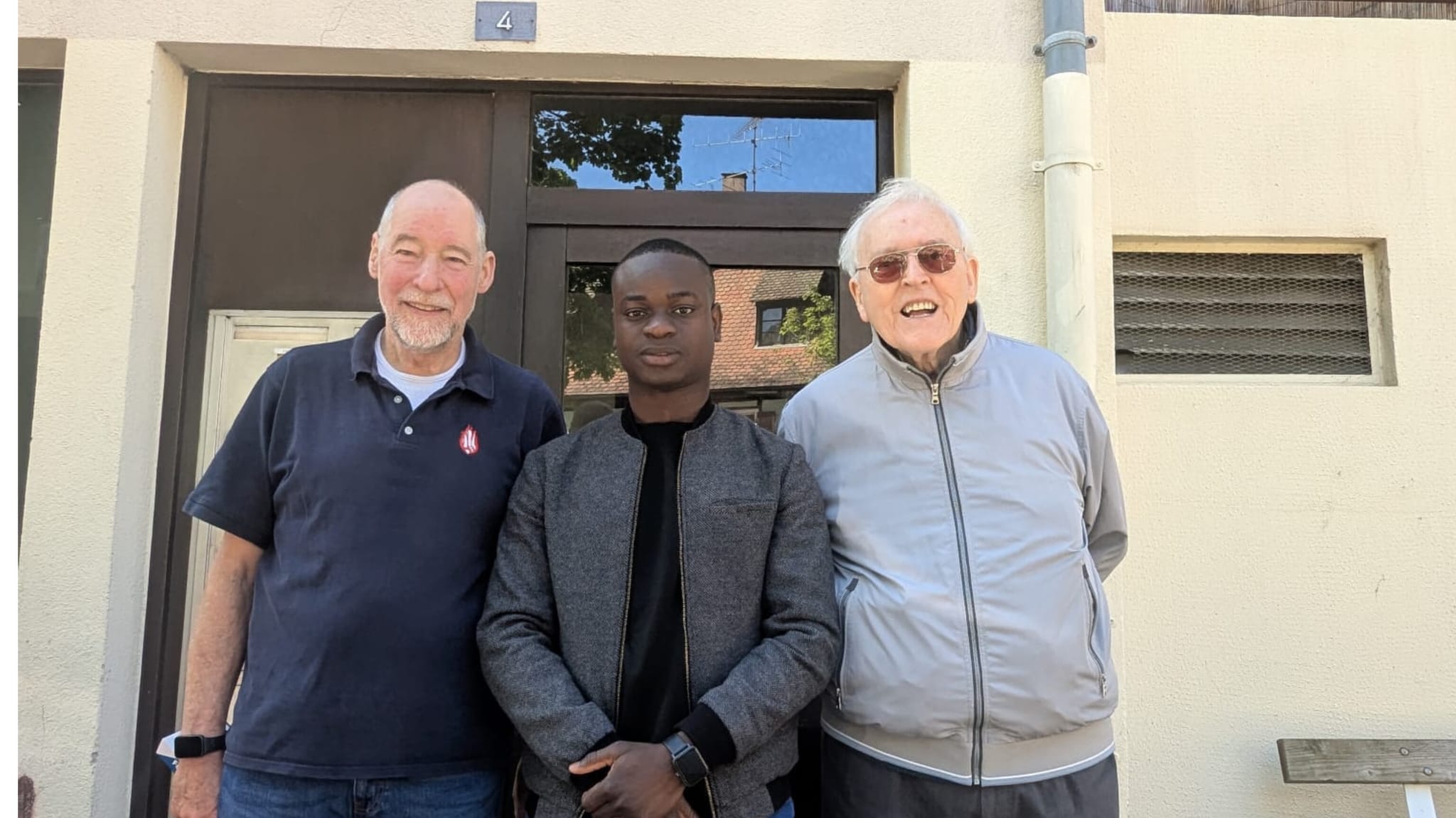
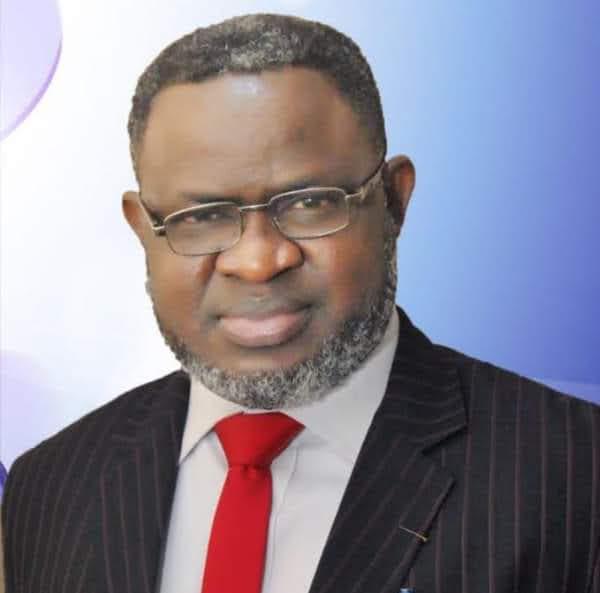

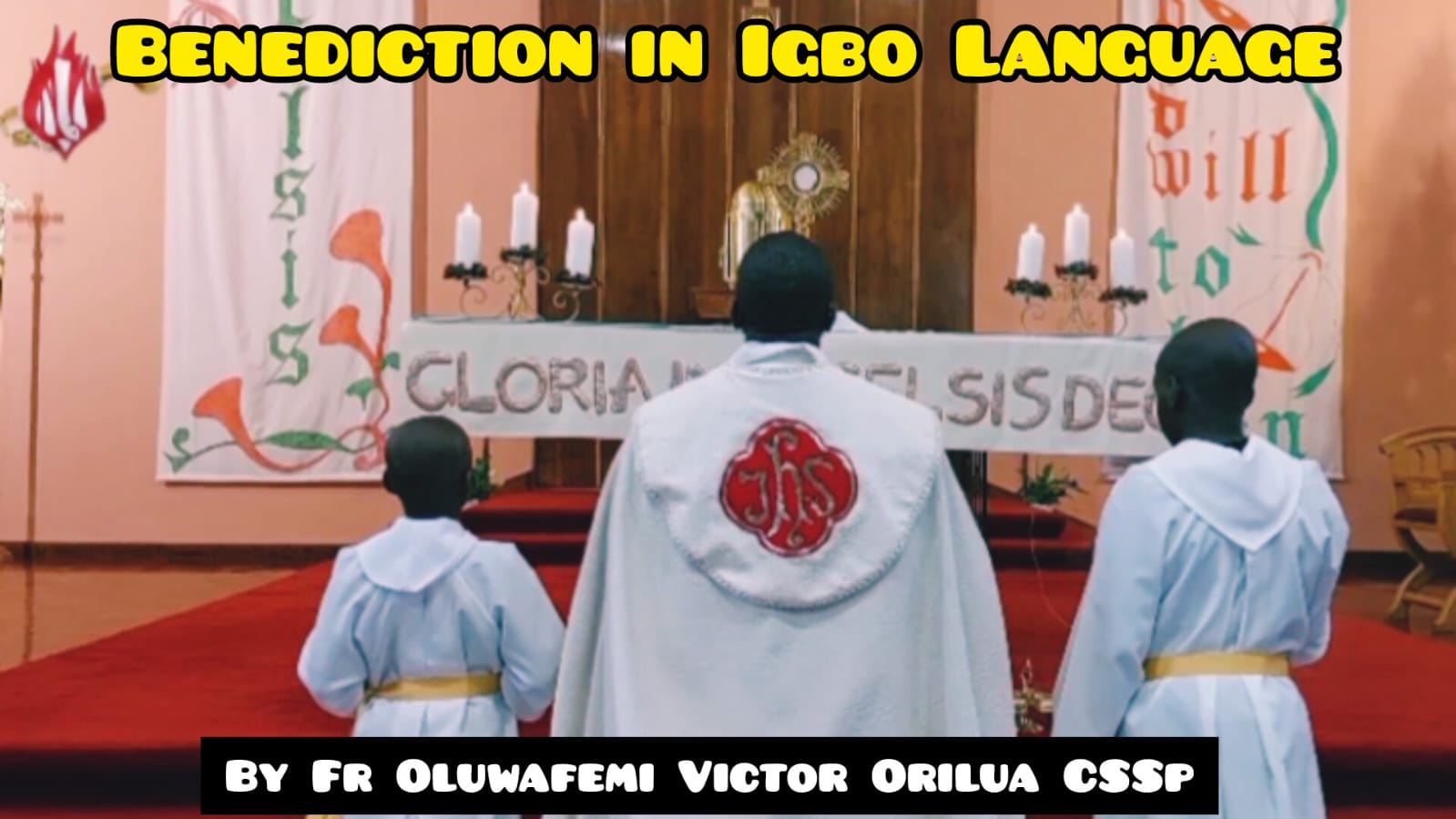
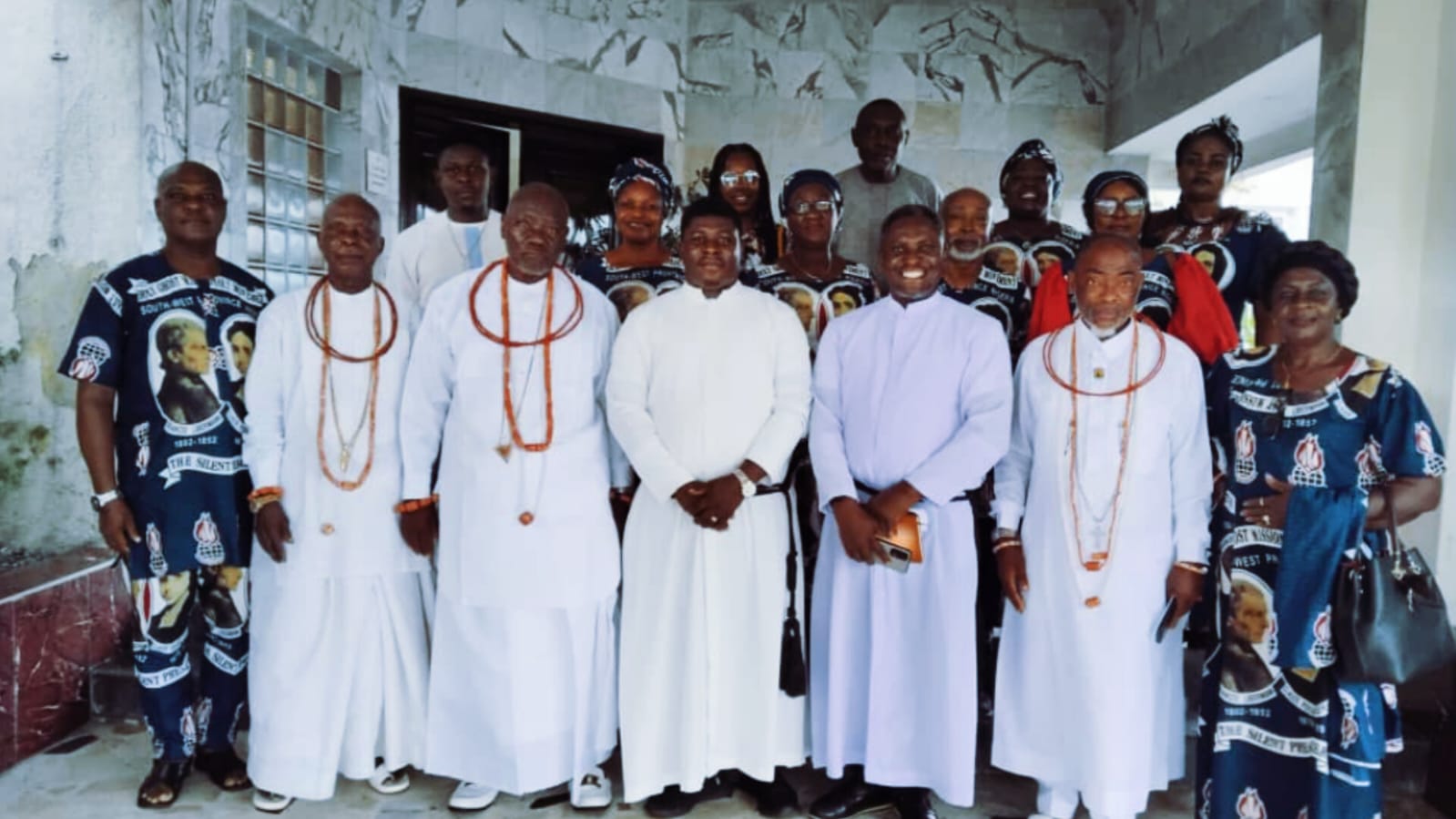


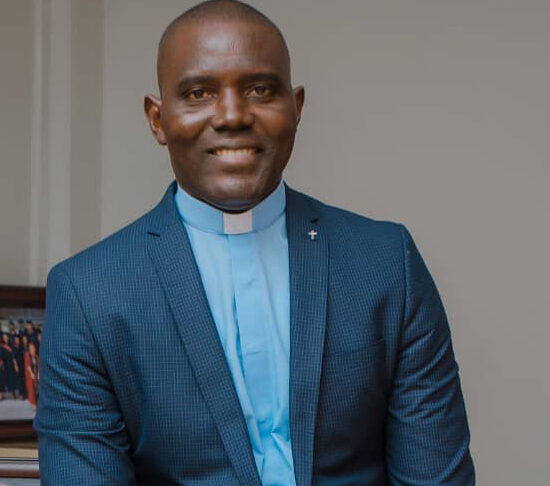
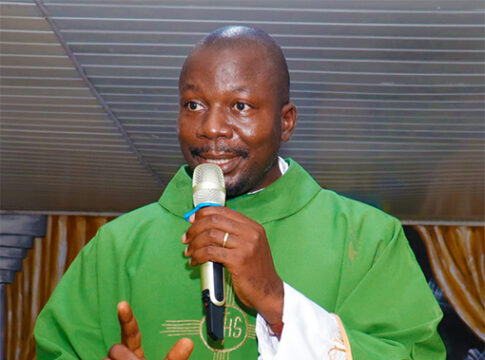
Leave a comment